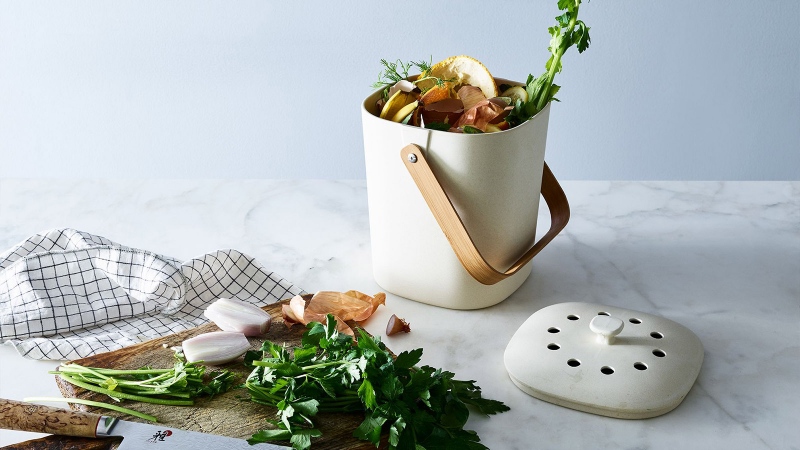
A fridge out of eggshells
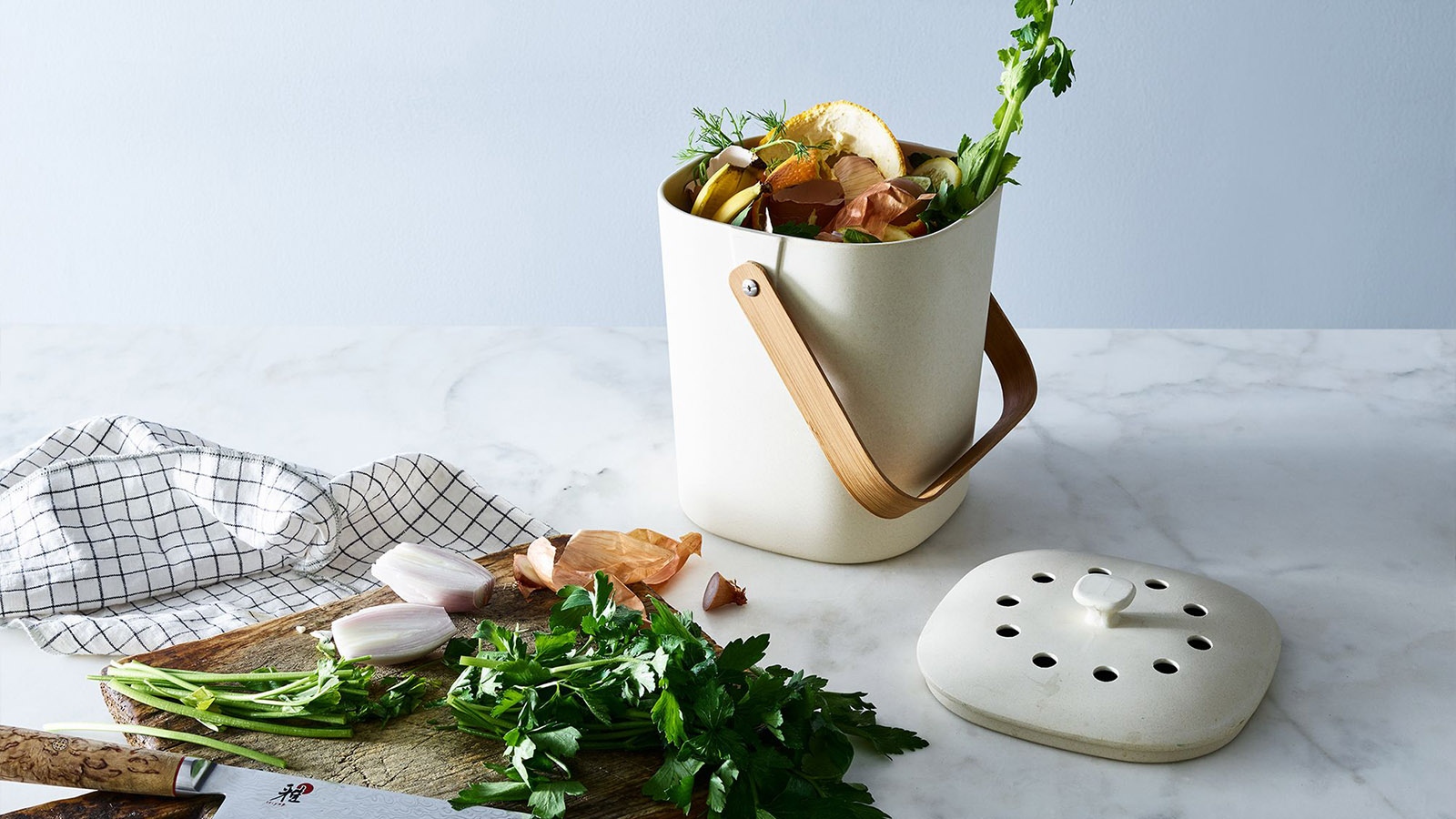
It was no more than an optimistic initiative a few years ago, but today it has become an easily accessible and almost inevitable aspiration in home design. Sustainability is an issue that should concern all of us. According to one study conducted in Germany, 80% of people are unwilling to invest in products or engage in activities that could prove to be directly or indirectly harmful to the environment. This level of environmental consciousness is yet to be achieved here in Hungary, but it’s clear that the number of people is steadily growing who are taking sustainable aspects of home life into consideration, especially when it comes to the purchase of kitchen and home appliances. To find out exactly what considerations you might make before your next investment in kitchen sustainability, Dávid Szalai of Sell Magazin will provide some insight in our latest article!
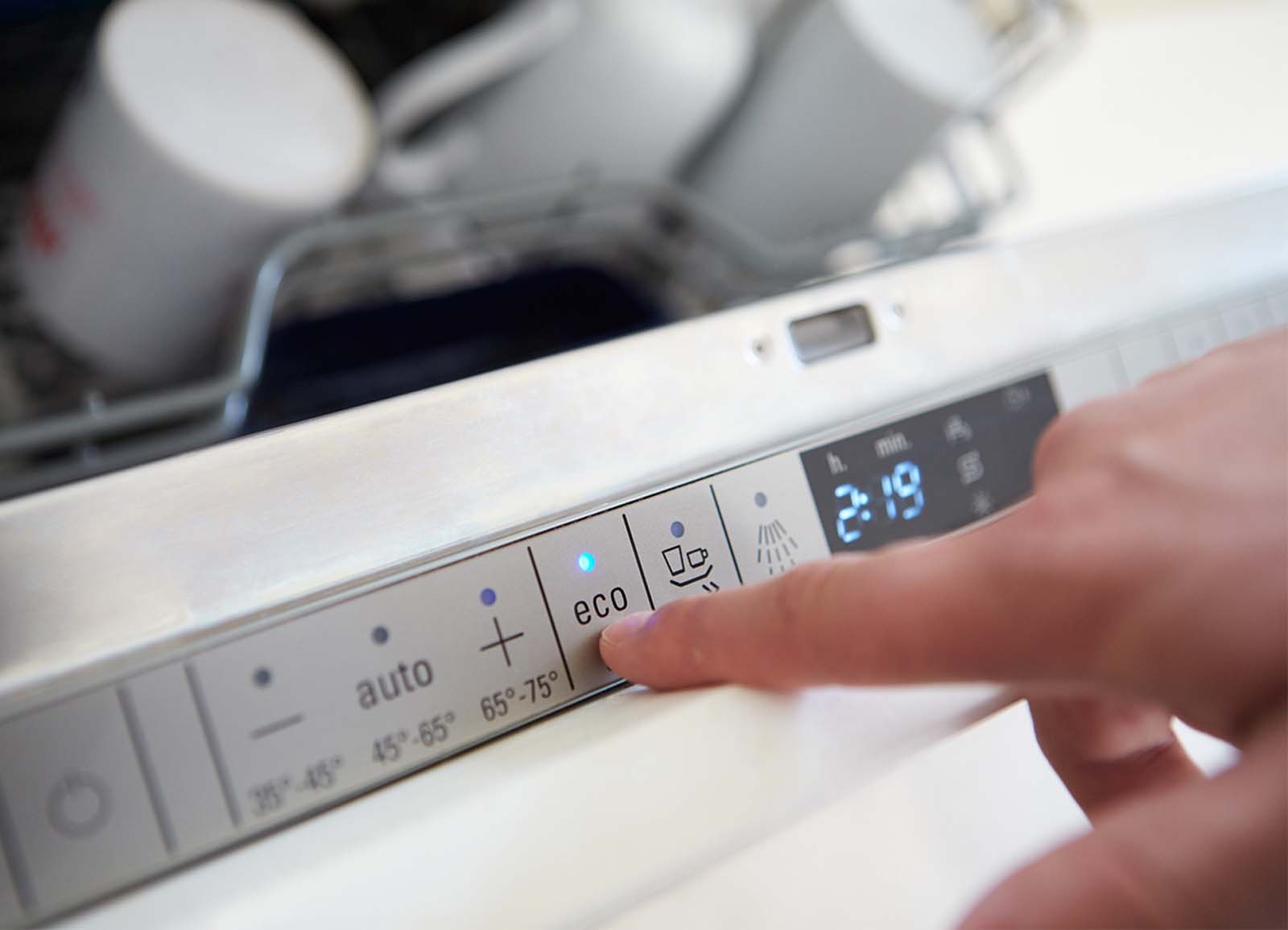
Efficiency is a priority
When it comes to home appliances, energy efficiency is obviously one of the most important aspects of any product. On one hand, this means that owners are hoping to invest in appliances that have low energy consumption. This is one of the qualities of home products that is very easy to grasp, as it can have an obvious, rather fortunate effect on your budget. And the inevitable rise in energy prices makes it an even more burning issue. Naturally, manufacturers are working hard to meet these challenges head on and develop products with much more efficient technologies.
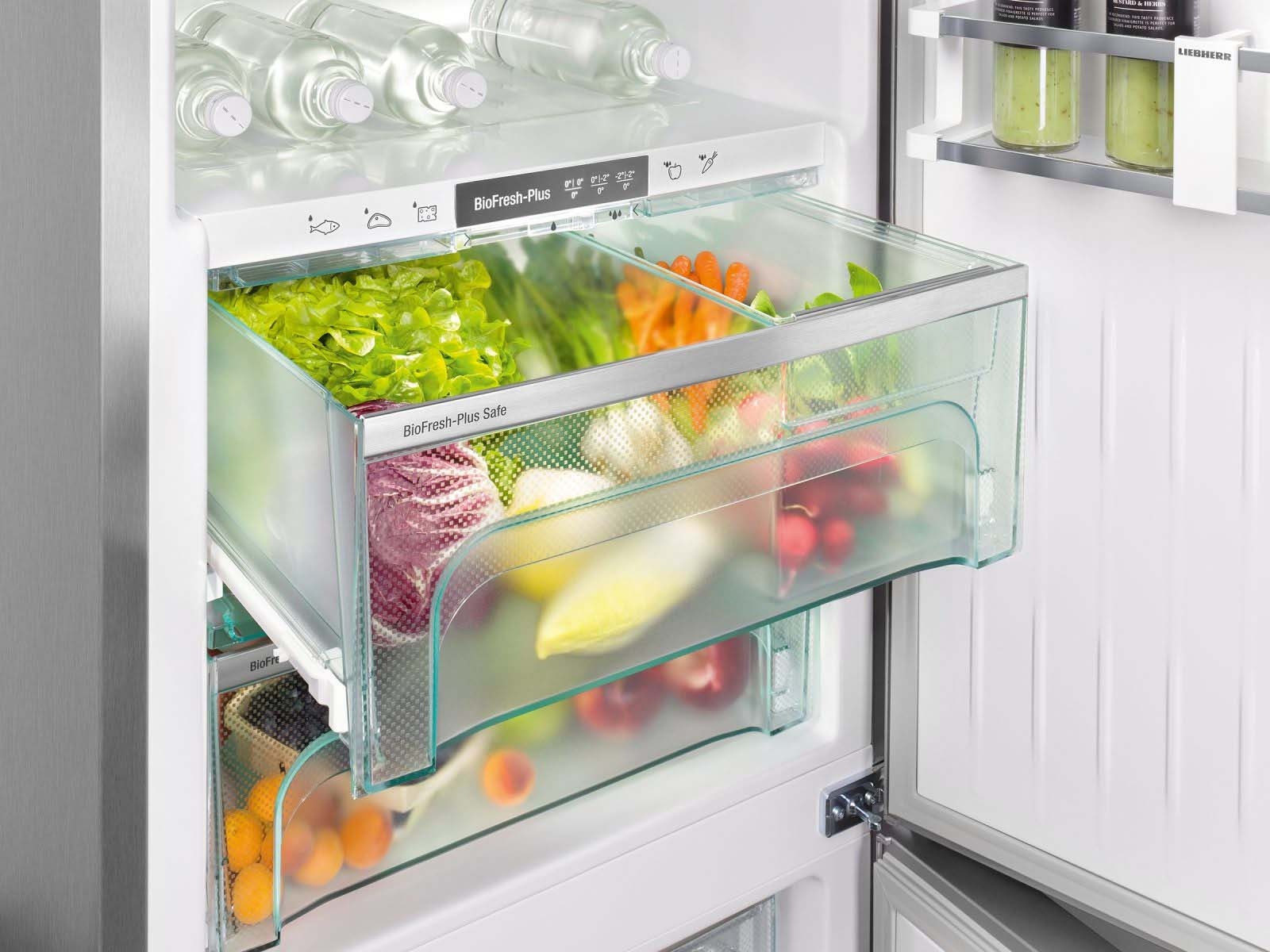
Besides the implementation of these technological advancements and new energy optimization systems, functionality remains a key aspect of kitchen products. A dishwasher with an automatic detergent dispenser can be a great means of cost cutting. Also, fresh trays in modern refrigerators can help you greatly reduce waste in your home. This is an implication of enormous importance, as a Hungarian family wastes 3 kilograms of food on average per month, which, on a yearly basis, can be quite the expense.
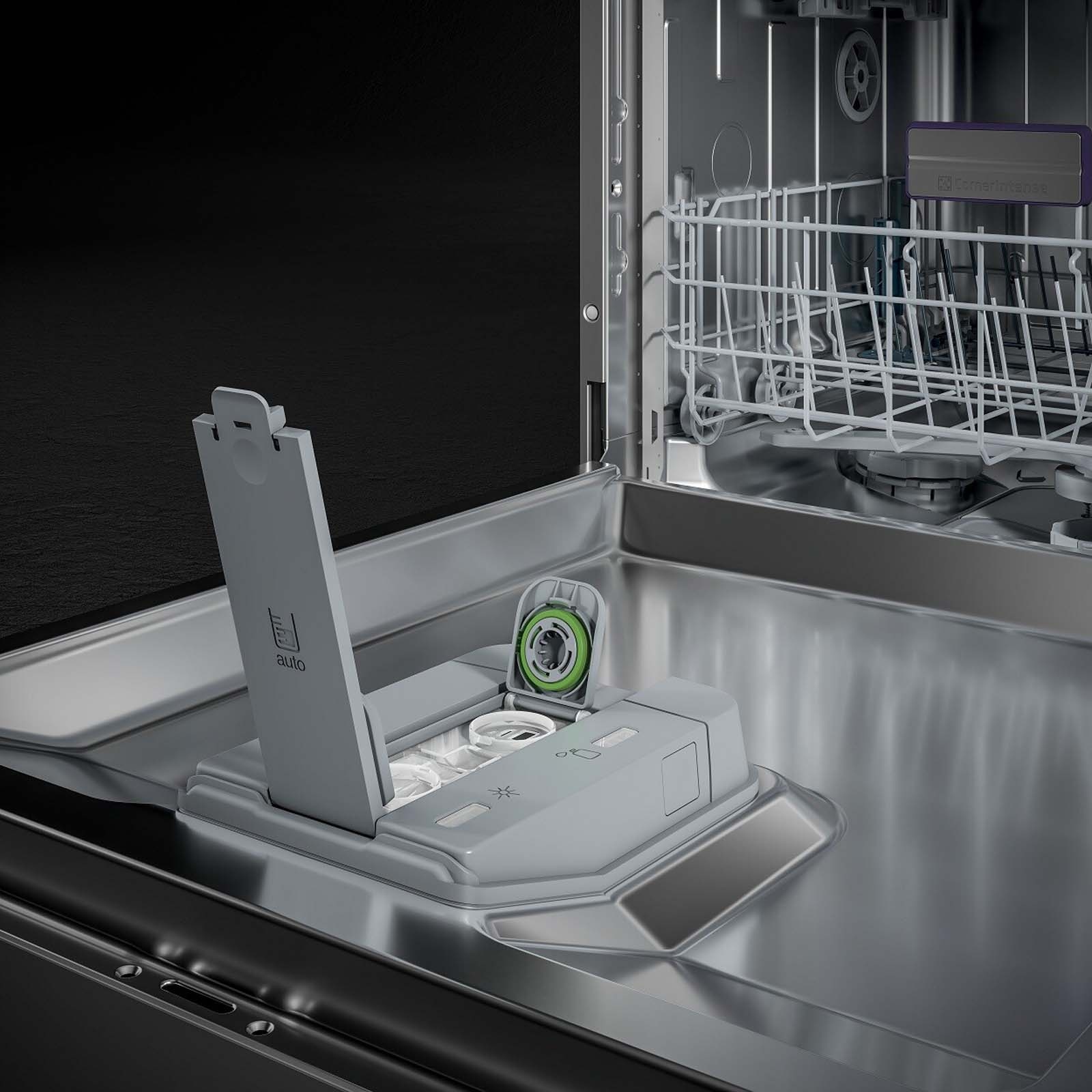
Decisions have to be made
Manufacturers might work as hard as they can on new technologies, but it’s no use if customers have a hard time comprehending the actual benefits of different products. Energy labels have always been a good guide on the matter of consumption, but the new label design, released in March, might provide grounds for confusion as the top rating classes have disappeared. It doesn’t mean that appliances have become less efficient, but rather that the criteria of better ratings have become stricter. And the difference between any two products are much clearer thanks to this new system.
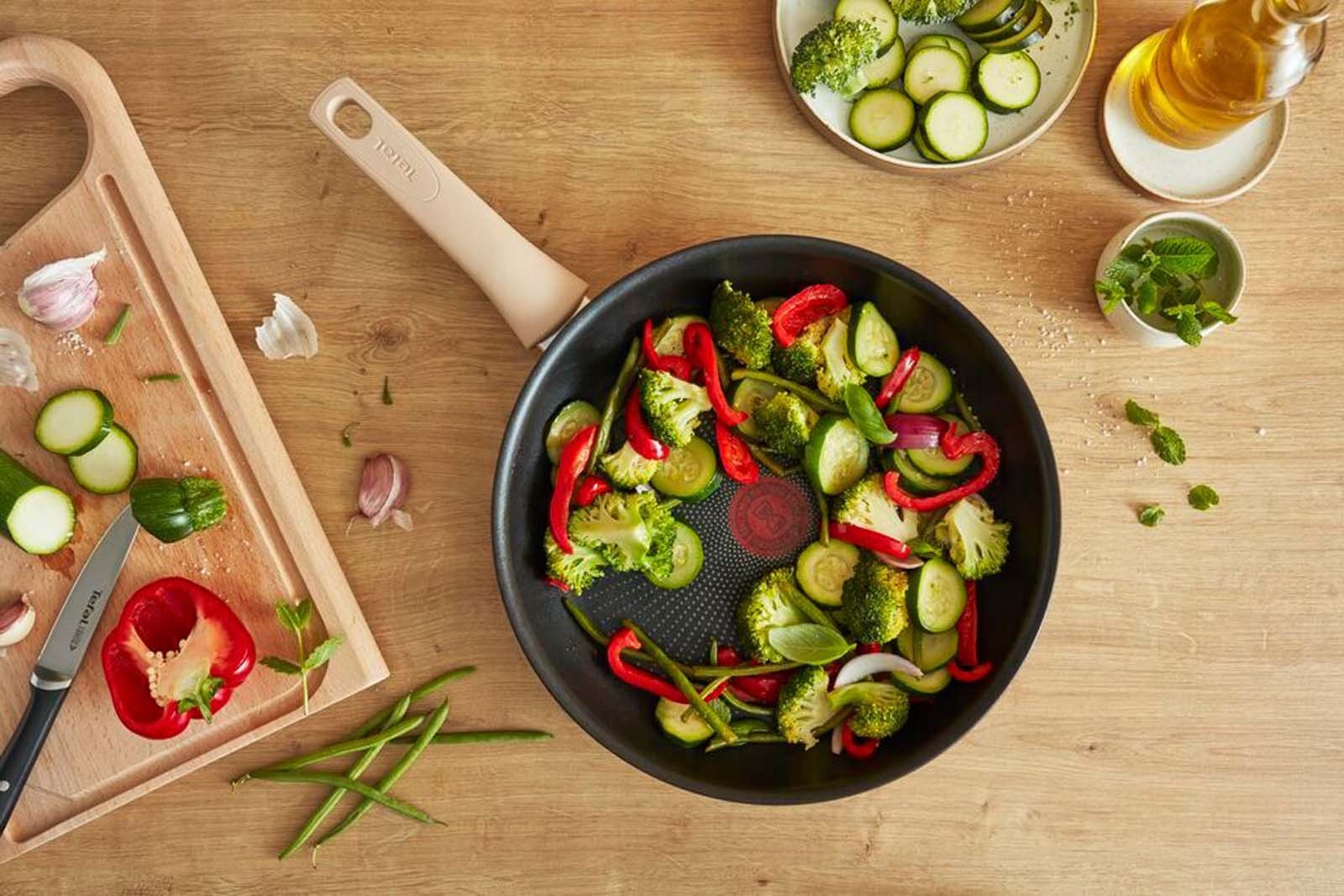
Still, energy labels can only be helpful for choosing your large home appliances, and even then, some critical aspects of sustainability won’t show at all, such as recyclability. That is why a new initiative by French Group SEB is so interesting. The company, owners of brands such as Tefal and Rowenta, decided to launch its own ECO labels for products. This special labelling system lets customers easily identify the most outstanding and environmentally friendly products of Group SEB. The products must meet five strict criteria to get the label. The criteria include the use of materials with low environmental impact, energy efficiency, product life, repairability, increased recyclability and eco-friendly packaging.
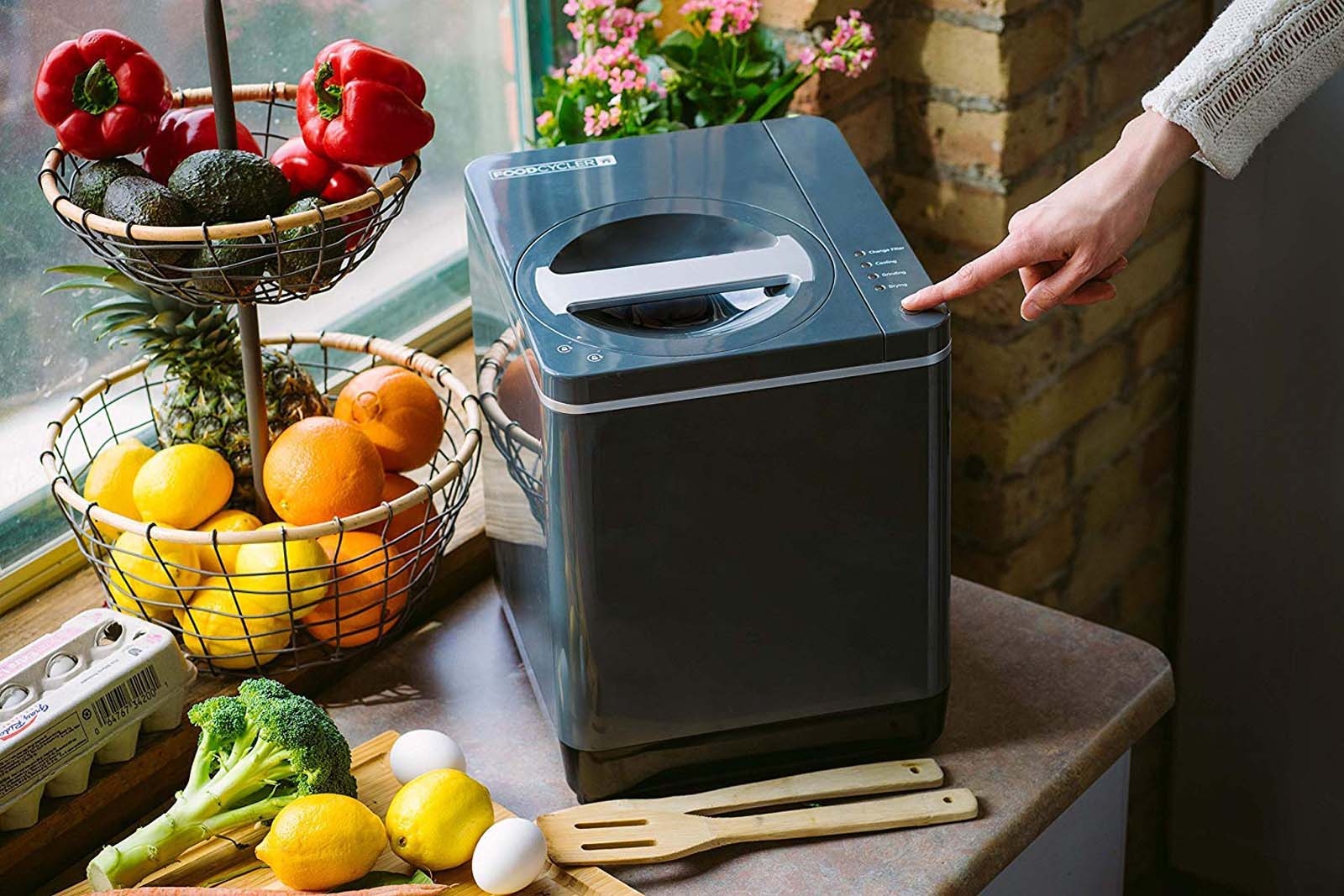
Recycled kitchen
Energy consumption resulting from product use is just one side of the coin, as the production of items has its own, significant impact on the environment. Many brands have already realized this, and decided to act accordingly. Beko, for example, utilizes organic waste in the making of certain components of its BioCycle refrigerators, resulting in egg trays that are made of 20% egg shells and 80% bioplastic. Door seals are produced in a similar fashion, with 25% of their material being cornstarch and sugar cane. Other products of the brand utilize plastic bottles and even fishing nets left behind on the seas. Since 2017, Beko has managed to recycle 58 million plastic bottles in its production processes, reducing carbon emissions by 2200 tons.
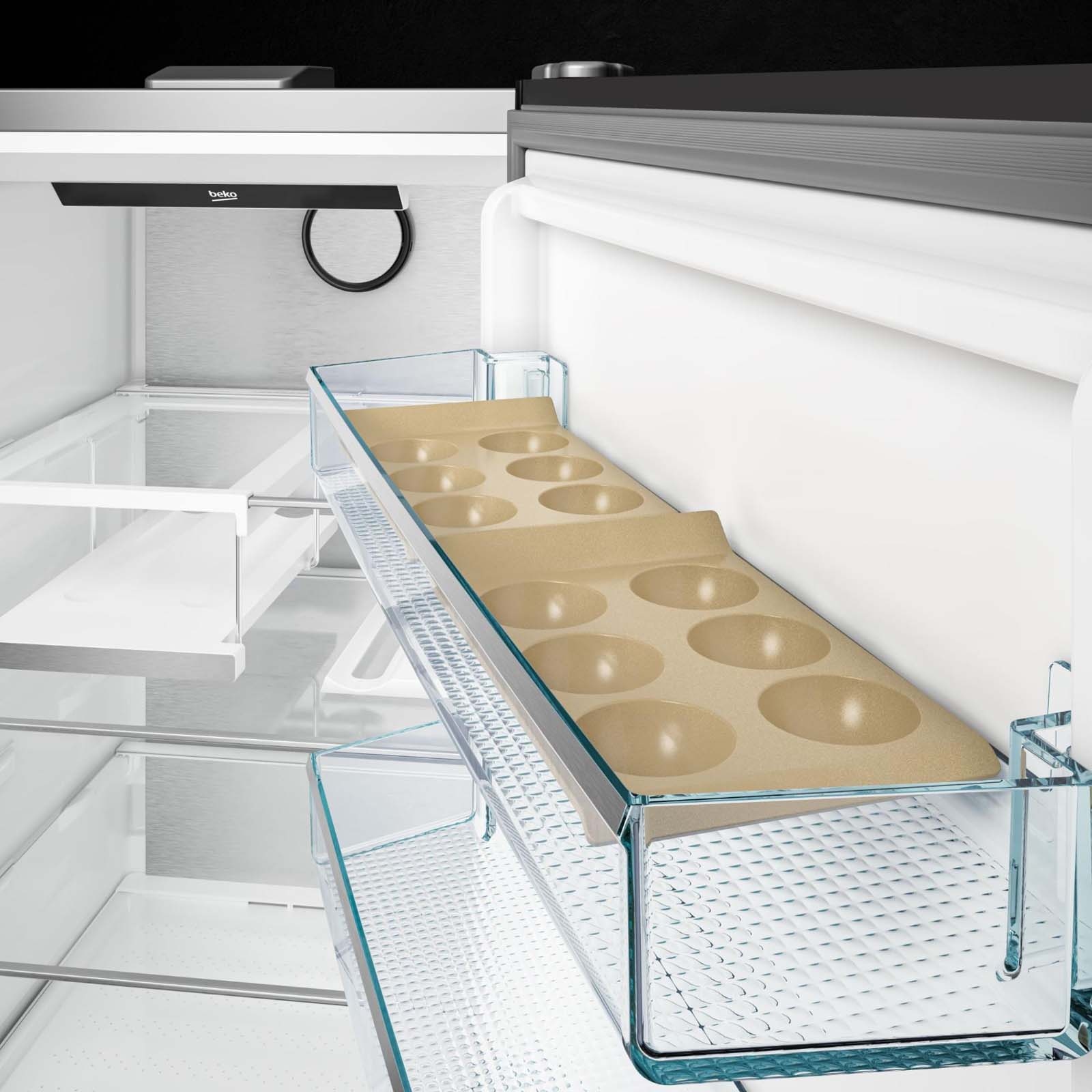
Fortunately, they are not the only ones with sustainability on their minds. Nespresso coffee pods are fully recyclable after use. Not only that, but their latest Vertuo system was conceived to achieve coffee pods that are made of 85% recyclable aluminum. And by 2022, the company pledged to have each and every cup of Nespresso coffee completely carbon-neutral.

The revolutionary, ground-breaking Sage FoodCycler product family is a force to be reckoned with in modern, sustainable kitchens. From 2 liters of organic waste, the composter produces 3 decilitres of so-called Eco-Chips granules. This, in turn, can be utilized in your home garden and flower beds, adding to the basic benefit of reducing your organic home waste significantly.
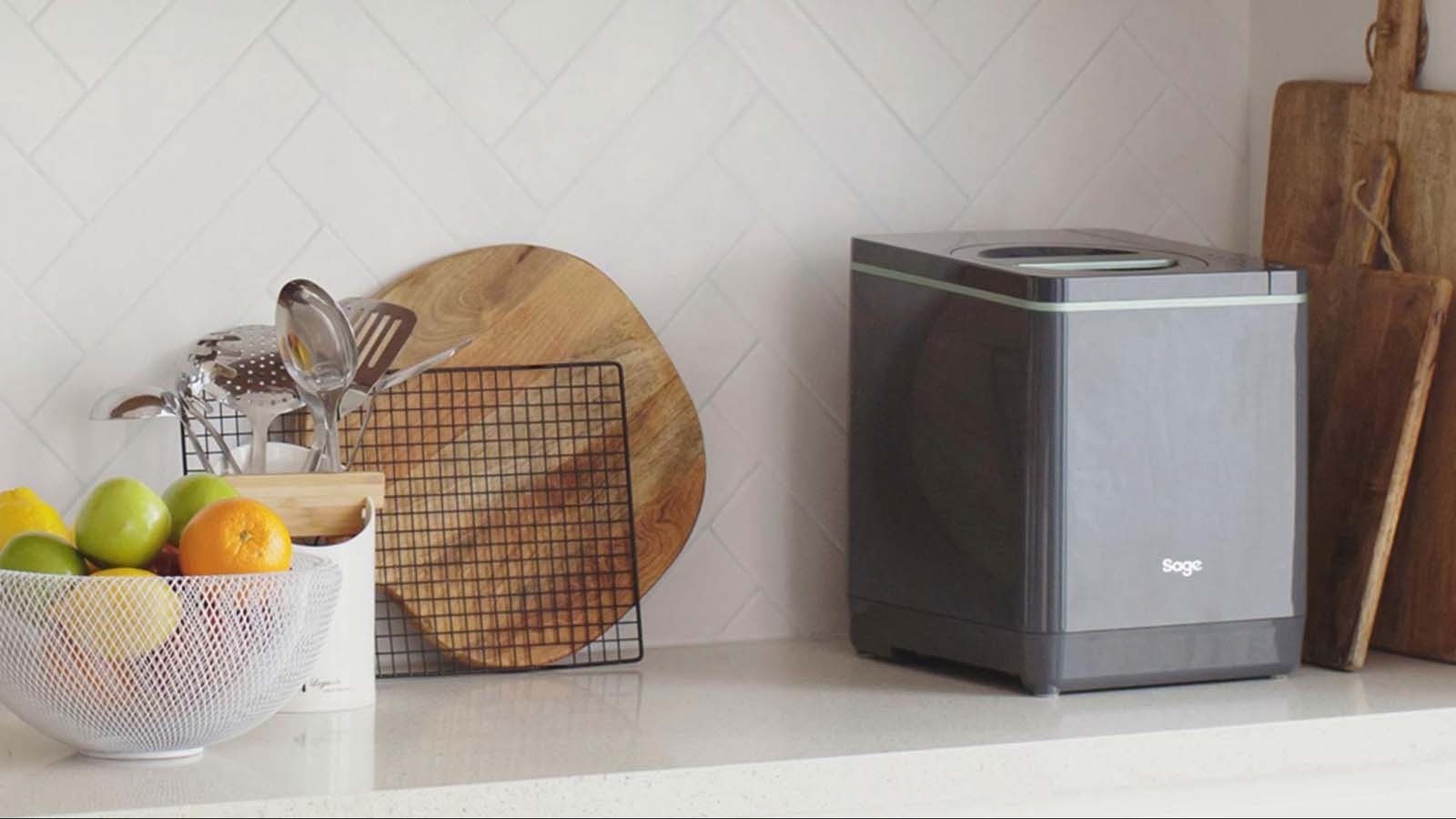
As in previous years, Kitchen Show will be the number one place for the latest innovations and groundbreaking kitchen trends in 2022 again, bringing the best sustainable home ideas and eco-friendly design solutions for you to meet in person. Visit the Budapest Arena between February 25-27, 2022 and find the kitchen of your dreams!
